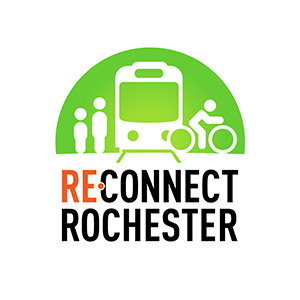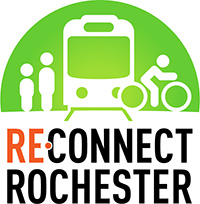An update from Karen Lankeshofer, longtime Cycling Alliance member and Henrietta resident who is teaching in Kazan, Russia:
In July 2017, I got an email from a former ESL student of mine asking me if I wanted to teach English at her friend’s private school in Kazan, Russia. I jumped at the chance and was here within 7 weeks. If any of you are soccer fans, you will know that Kazan hosted many of the World Cup matches during last summer. The city lies about 500 miles east of Moscow and is the capital of the Republic of Tatarstan, a state in the Russian Federation.
The population is about half Tatar and half ethnic Russian. Signs are written in the Tatar and Russian languages, sometimes also in English. The city is dotted with mosques and orthodox churches and without a doubt is the most tolerant city I have ever experienced.
Tatarstan is a very wealthy area with oil and chemical production. Being so far from Europe, it has been mainly influenced by Persia, Mongolia, China, and other eastern parts of the world throughout its history. Genghis Khan controlled the area for many years.
With its considerable wealth, Tatarstan realizes it needs to have more people who are proficient in English to function better in European marketplaces. That’s why my school has me teaching a group of 3- and 4-year-olds English. It is a total immersion program; my aides and I only speak English with these children. It was difficult at the beginning last September because the kids knew no English and were used to getting their own way. Parents were also skeptical until they started seeing results about this time last year. Now they are true believers. The older kids use full sentences which are sometimes grammatically incorrect, but still perfectly understandable. Even the younger ones understand everything and repeat individual words or phrases. It’s been a rewarding one and a half years in the classroom, but it’s also strenuous.
My first purchase in Kazan was a folding bike, which I take on the subway when I’m headed downtown and use to get all over the city, except in winter. The weather is extreme here and, even if I could ride through the deep snow, I don’t relish slipping on the ever-present ice and breaking a leg.
Last February I attended the Winter Cycling Conference in Moscow and met some officials from Kazan who are really motivated to improve the cycling scene here in the city. I thought, “If they can do something, so can I!”, and convinced my school to let me start a bike club.
It’s been a huge success. The mountain biking champion of Russia gives bike lesson to the littlest kids on small bikes without pedals, and I give lessons to the first graders, mostly talking about safety but also taking excursions on trails in the woods. We involve all the kids and have had a family riding day; plus, the head of the Rotary Club here, who just completed a bike trip around the world, has come to talk to our kids. He and I are now working together to spread my school’s program to other schools. And the parents are ecstatic that their kids are leaving their bikes at school all fall to ride on the track we painted on the school courtyard. One parent told us his kid’s bike usually sits in the cellar all summer.
All in all, this has been a great experience for me. I have friends from around the world with whom I undertake a lot of different adventures here in Russia, and I see that they bike revolution is truly an international phenomenon.
I’ll be home in August to start patching inner tubes again. Keep up all your good work and I’ll see you then.
Karen L.


